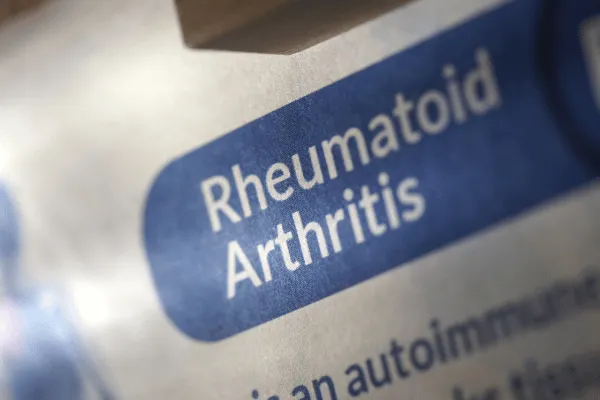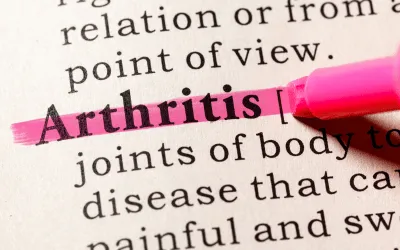About Arthritis
As the nation’s #1 cause of disability, arthritis affects nearly 60 million adults and 300,000 children. Over 100 types of arthritis and related conditions damage the joints and often other organs.
How can we assist you?
Helpful Tools for You

Gaining Insight into Rheumatoid Arthritis Flare-Ups
Rheumatoid arthritis (RA) presents a rollercoaster of experiences, with days of joint relief followed by sudden swelling and intense pain. These episodes, known as flares, can be both unpredictable and incapacitating. Defining and addressing flares has been a challenge due to their individual variability. Recent RA research aims to bridge this gap and provide clarity for both doctors and patients.
Understanding Flares Through Research
Dr. Clifton O. Bingham III has led an international effort through OMERACT (Outcome Measures in Rheumatology) to comprehend and classify RA flares. This initiative involved global RA patients in focus groups, interviews, and surveys to gather firsthand insights. The findings revealed that flares are a common aspect of the RA experience, even during periods of overall control.
Flare Types and Triggers
Flares come in two forms: predictable and unpredictable. Predictable flares stem from identifiable triggers, like excessive activity or stress. Though these cause temporary discomfort, symptoms tend to resolve with time. Unpredictable flares, however, lack a clear trigger and may not improve on their own.
Defining a Flare
Defining flares is a complex task as patients and doctors often have differing viewpoints. Patients describe flare symptoms subjectively, with sensations of unrelenting pain and stiffness. While pain, stiffness, and fatigue are recurring themes, their intensity and duration vary. Achieving alignment between patient experiences and doctor assessments has been a challenge.
Seeking Relief for RA Flares
Efforts are underway to create a questionnaire that empowers patients to evaluate their symptoms accurately and guides doctors in assessing severity. Until then, it's essential to listen to your body and communicate openly with your doctor about changes in symptoms. Even if lab tests don't fully reflect it, discussing flare experiences can identify contributing factors beyond RA. During flares, prioritize rest and self-care. If discomfort persists, consulting your doctor is advised.
The journey through RA flares involves understanding, communication, and self-care. By collaborating with healthcare professionals and sharing experiences, patients can find relief and work towards effectively managing the ups and downs of RA.
Effects of Arthritis

Cause of Disability
In the United States, 23% of all adults, or more than 54 million people, have arthritis. It is a leading cause of work disability, with annual costs for medical care and lost earnings of $303.5 billion.

Workforce Effects
Sixty percent of US adults with arthritis are of working age (18 to 64 years). Arthritis can limit the type of work they are able to do or keep them from working at all.

Global Impact
In fact, 8 million working-age adults report that their ability to work is limited because of their arthritis. For example, they may have a hard time climbing stairs or walking from a parking deck to their workplace.
Promoting Interventions That Reduce Arthritis Pain
American Arthritis Foundation recognizes several proven approaches to reduce arthritis symptoms:
Be active. Physical activity—such as walking, bicycling, and swimming—decreases arthritis pain and improves function, mood, and quality of life. Adults with arthritis should move more and sit less throughout the day. Getting at least 150 minutes of moderate-intensity physical activity each week is recommended.
Protect your joints. People can help prevent osteoarthritis by avoiding activities that are more likely to cause joint injuries.
Talk with a doctor. Recommendations from health care providers can motivate people to be physically active and join a self-management education program. Should your arthritis be interfering with your activities of daily living you may be a candidate to receive many new treatments, and learn how to reverse the arthritis condition.
Have a question?
We're Here to Help
By providing my phone number, I agree to receive text messages from the business.


